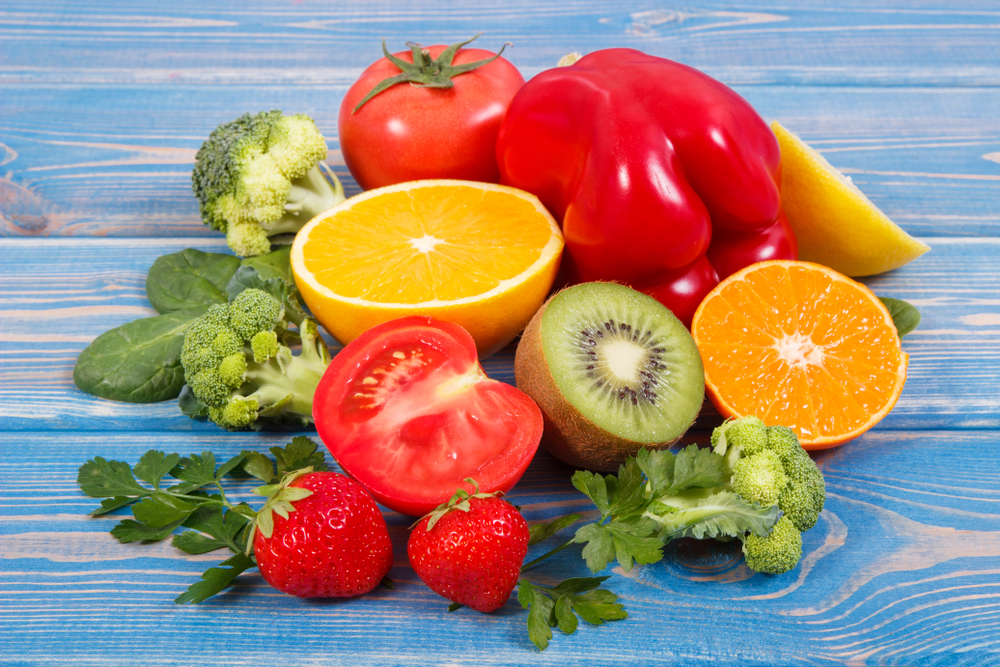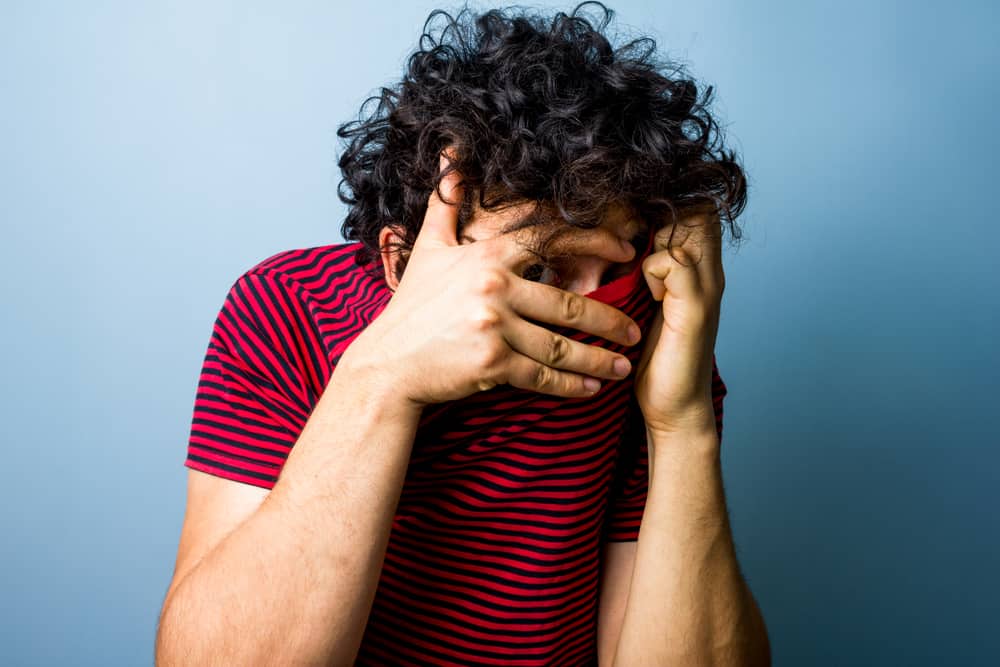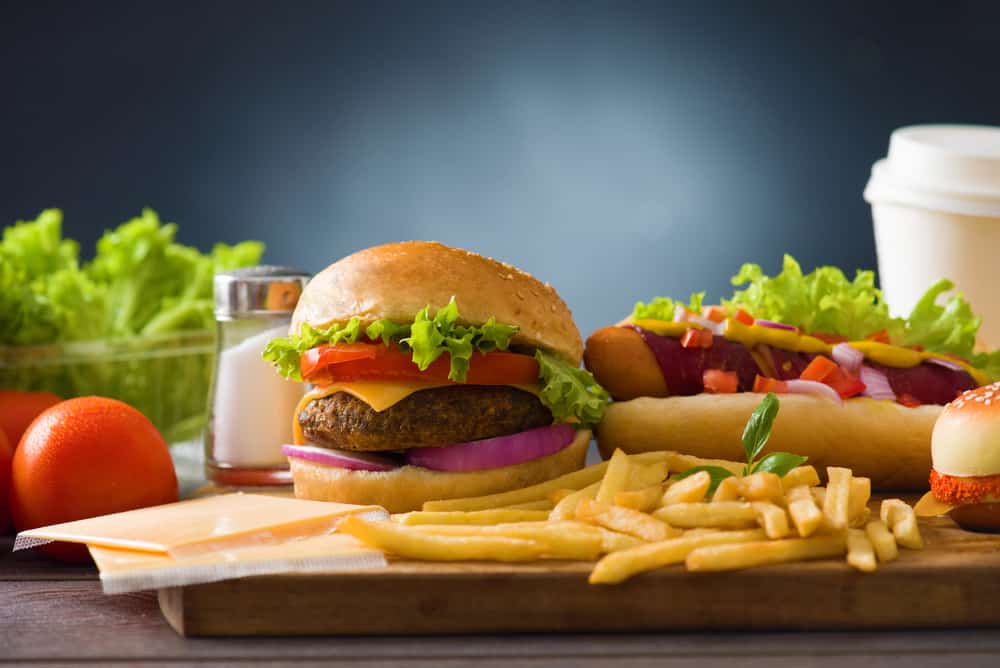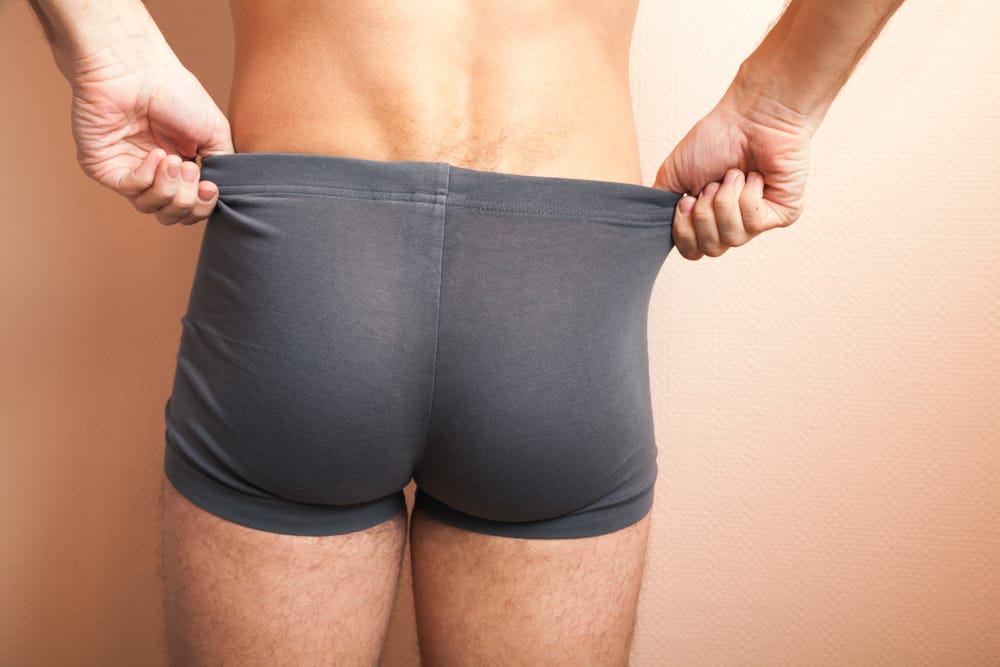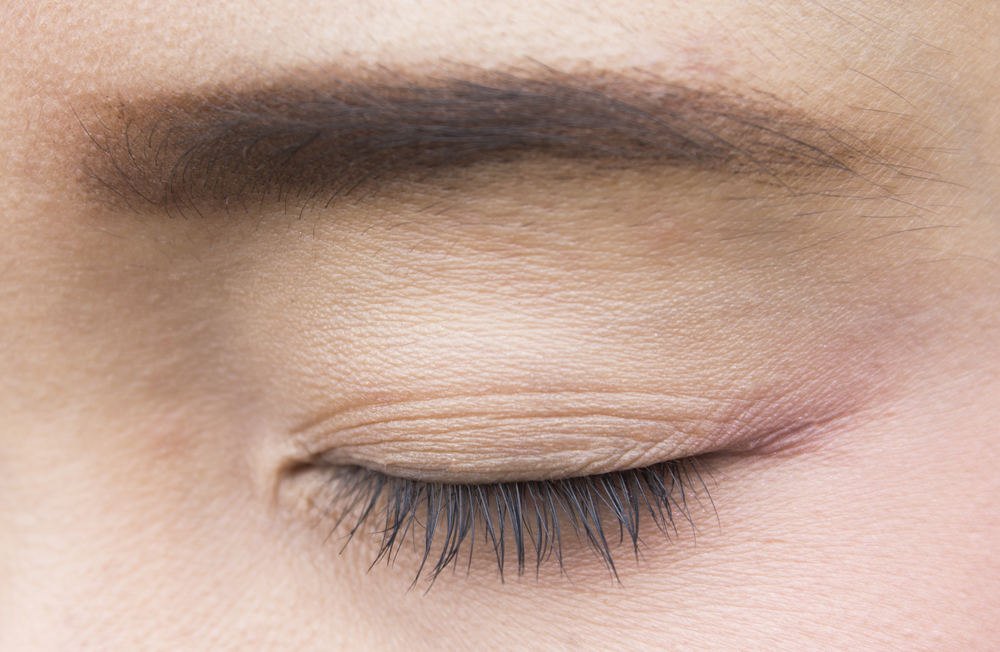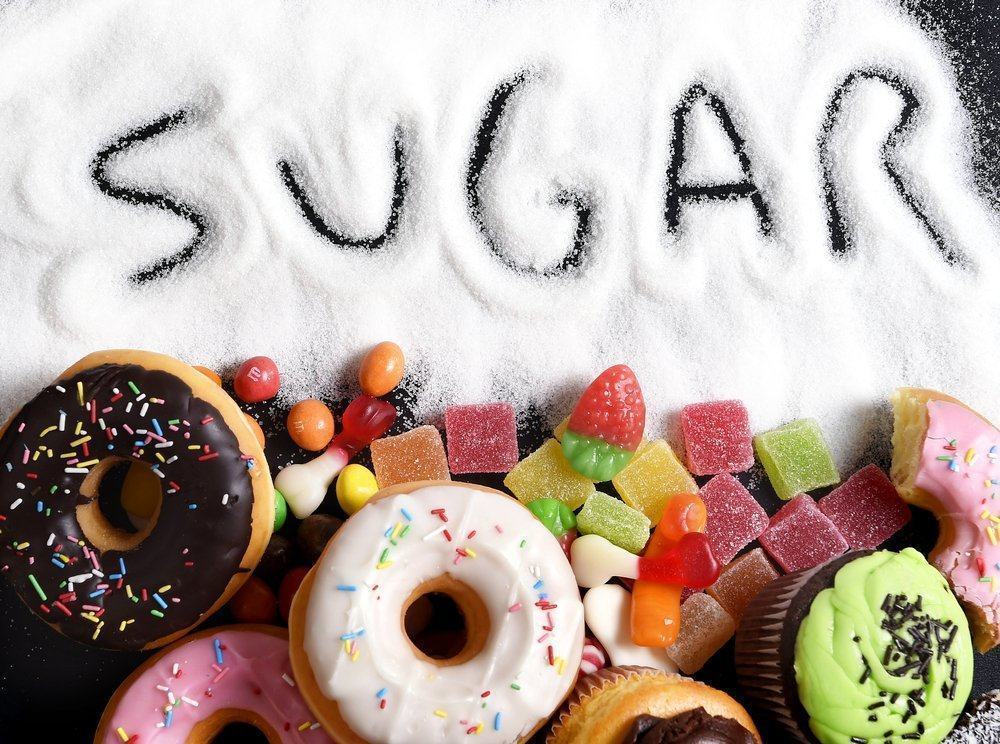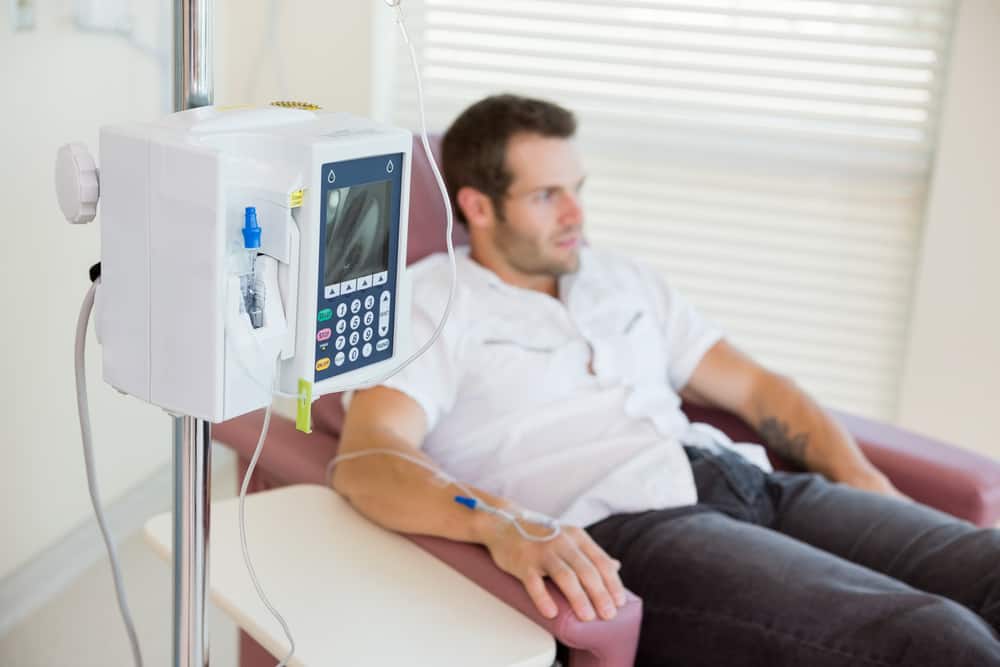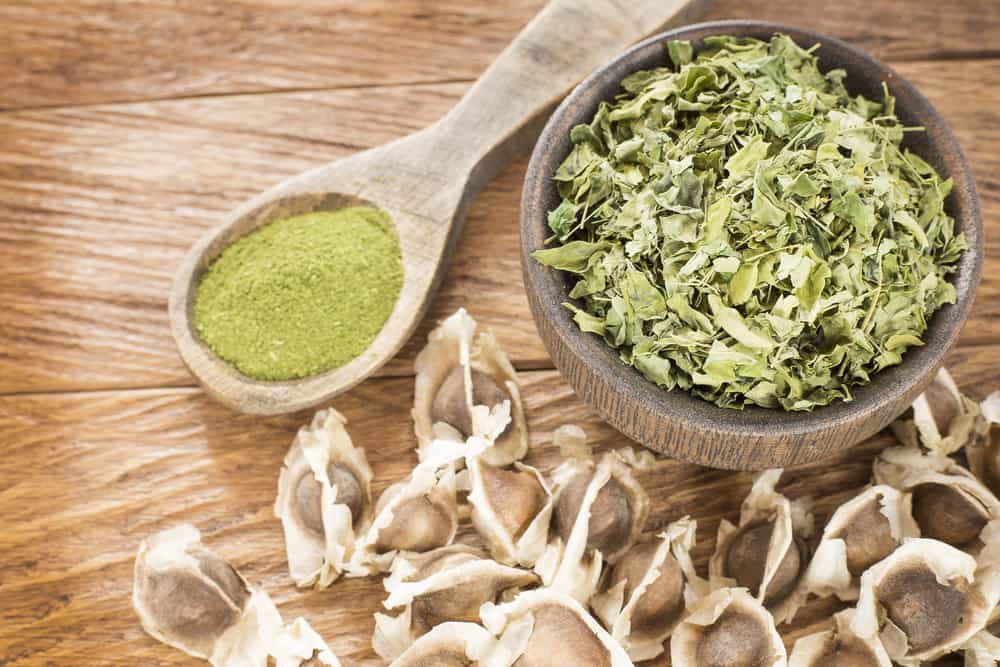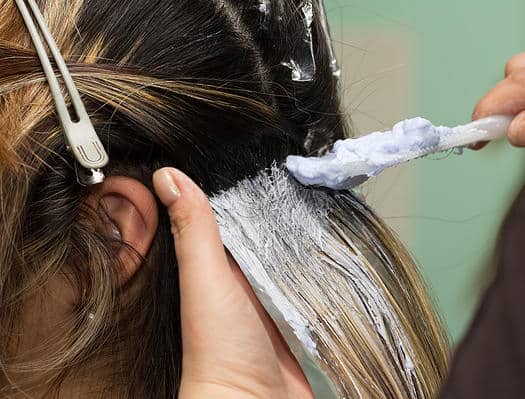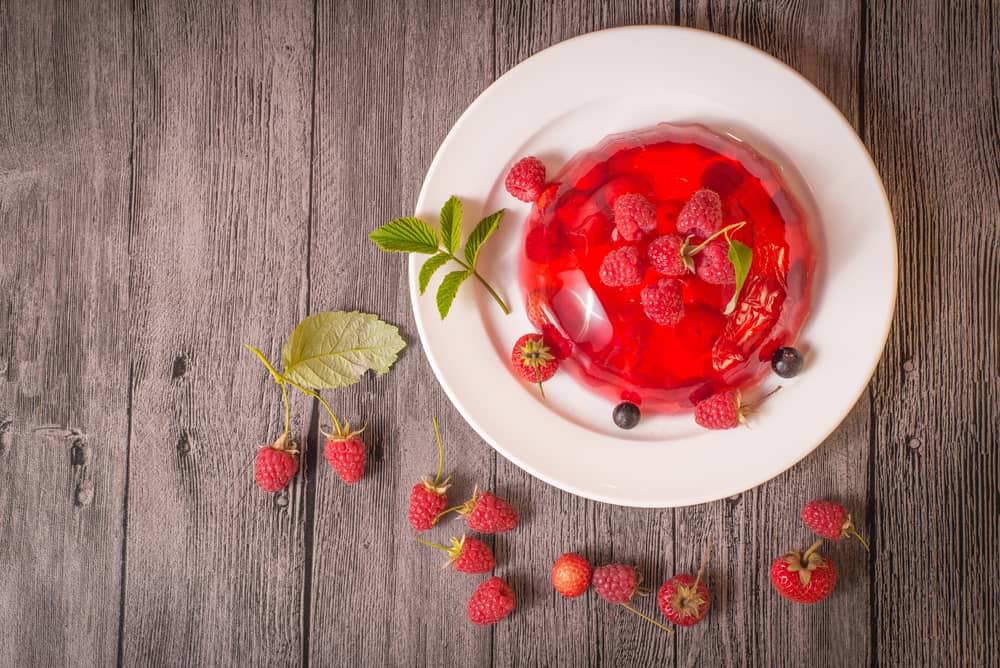Contents:
- The role of vitamin C and zinc in maintaining body resistance during fasting
- Where can you get vitamin C and zinc?
During the month of Ramadan, Muslims are required to carry out fasting for 30 full days. People who fast do not have to eat, drink, and have to undergo other taboos from sunrise to sunset. If estimated, in Indonesia you have to fast for 13 hours every day.
When fasting, you cannot eat and drink freely as usual. Eating is only allowed after sunset until the end of the meal. Changes in diet make the body does not get food from food and drinks during the day. As a result, you are more easily tired and prone to diseases such as flu.
However, don't worry, you can still outsmart it by consuming food sources that are rich in vitamin C and zinc. Come on, see the review of the importance of vitamin C and zinc below.
The role of vitamin C and zinc in maintaining body resistance during fasting
Even though you are fasting, you still have to move. Foods that are supposed to be fuel for energy may not be available enough. The body also inevitably has to use fat as a reserve energy. Well, vitamin C plays an important role in this matter.
When the body processes vitamin C, a molecule called carnitine will be released. The molecule transports fat to the inside of the mitochondria. Once inside the mitochondria, fat is then converted into energy. When the need for vitamin C in the body is sufficient, the process of changing fat into energy will run smoothly. You also will not feel weak and not powerful when fasting.
Vitamin C and zinc work together to support the immune system. Vitamin C in the body stimulates the production of white blood cells so that the body becomes stronger against bacteria and viruses. Similar to vitamin C, zinc also plays a role in controlling and regulating the immune response to infections and pathogens (germs). The trick is to stimulate the activity of at least 100 enzymes in the body so that the body's organs can still work normally.
As reported by WebMD, Dr. Mark Moyad, MPH, a researcher from the University of Michigan said that vitamin C is very good for maintaining a decreased immune system due to stress. In the presence of vitamin C, stress can be reduced and no longer interfere with the balance of the immune system.
In fact, vitamin C and zinc can reduce flu symptoms and speed up the body's recovery process. This allows the body to remain protected from flu during the fasting month. Not only that, the antioxidants contained in vitamin C also protect the body from chronic diseases such as cancer, stroke, and heart disease.
Where can you get vitamin C and zinc?
After knowing the many benefits of vitamin C and zinc, you certainly don't want to miss it, right? Take it easy, vitamin C and zinc are very easy to find in food.
Foods that are high in vitamin C include oranges, guava, strawberries, and tomatoes. While foods rich in zinc, for example broccoli, oysters, beef, spinach, peas and lobster. Foods that are rich in vitamin C and zinc can be eaten at dawn or breaking fast.
In addition to food, you can also get a combination of vitamin C and zinc directly from supplements such as Redoxon. Redoxon, which is high in vitamin C and zinc, is available in effervescent tablets, making it easier to drink. The time to take the supplement can be adjusted to your needs, in the morning at dawn or at night after breaking the fast.
Eating foods rich in vitamin C and zinc coupled with Redoxon supplements certainly provides a double protection for endurance when fasting. So, you don't need to worry about going down during activities in the month of Ramadan.

